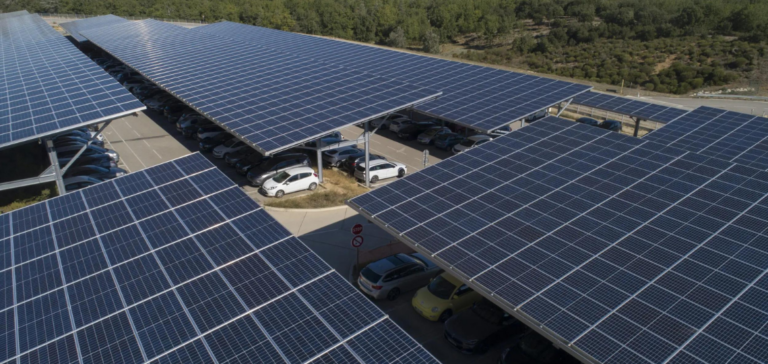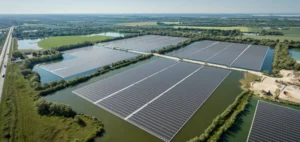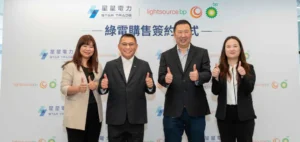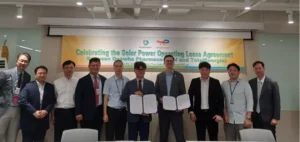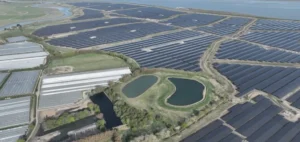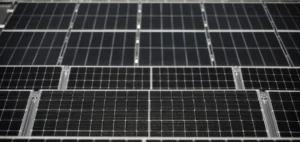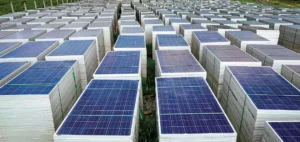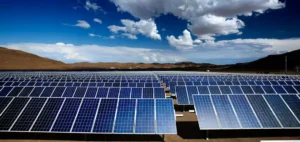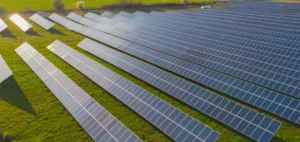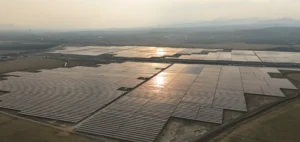Scatec ASA and the Egyptian Electricity Company (EEHC) formalized their collaboration on a solar energy project during COP28. This agreement is part of a global context of increasing demand for renewable energies and diversification of energy sources, in response to current climate challenges.
Project features
The project involves the construction of a 1 gigawatt (GW) solar power plant, accompanied by a 200 MWh battery storage facility. This initiative is a response to Egypt’s growing need for renewable energy, and aims to reinforce the stability of its power grid. In addition, this project represents a major step towards achieving Egypt’s objectives in terms of sustainable energy production.
Project funding and support
The African Development Bank (AfDB) has shown its support for the project by signing a letter of intent for its financing. This reflects the growing recognition of the importance of investment in sustainable energy infrastructure, and the confidence of financial institutions in this type of project.
Implications and prospects
The agreement between Scatec ASA and EEHC is not limited to a renewable energy project. It symbolizes a broader commitment to the Sustainable Development Goals and global efforts to reduce greenhouse gas emissions. This initiative represents a potential model for other countries seeking sustainable and efficient energy solutions.
Conclusion:
The agreement between Scatec ASA and EEHC is an eloquent example of how international cooperation and innovation can lead to significant solutions in the fight against climate change. This project underlines the importance of the energy transition and its crucial role in achieving global environmental goals.

